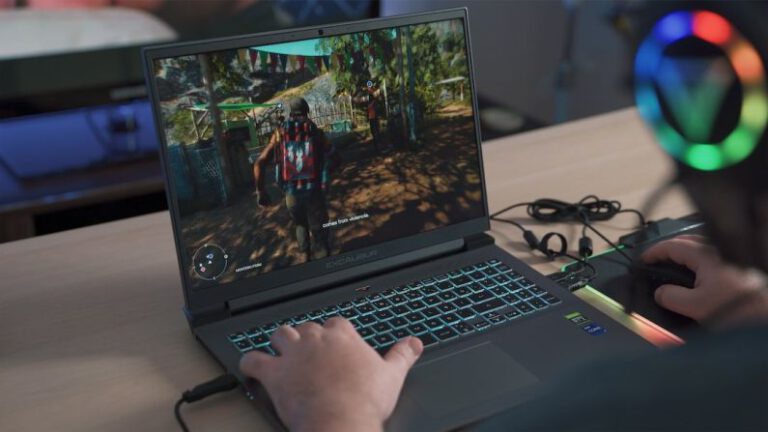How to Protect Your Privacy Online?
In today’s digital age, protecting our privacy online has become more important than ever. With the increasing amount of personal information being shared and stored online, it’s crucial to take proactive steps to safeguard our privacy. In this article, we will discuss some practical tips on how to protect your privacy online.
Understand the Risks
The first step in protecting your privacy online is to understand the risks involved. Recognize that every time you browse the internet or use online services, you are leaving behind a digital footprint that can be tracked and monitored. Your personal information, such as your name, address, and browsing history, can be collected by companies, advertisers, and even hackers. Being aware of these risks will help you take the necessary precautions to protect your privacy.
Use Strong, Unique Passwords
One of the simplest yet most effective ways to protect your privacy online is to use strong, unique passwords for all your online accounts. Avoid using easily guessable passwords such as “123456” or “password.” Instead, create passwords that are a combination of letters, numbers, and special characters. Additionally, ensure that you use different passwords for each account to prevent a domino effect if one account is compromised.
Enable Two-Factor Authentication
Two-factor authentication adds an extra layer of security by requiring a second form of verification, such as a fingerprint or a unique code sent to your mobile device, in addition to your password. Enable two-factor authentication whenever possible, as it significantly reduces the risk of unauthorized access to your accounts, even if your password is compromised.
Protect Your Personal Information
Be cautious about sharing personal information online. Avoid providing unnecessary personal details on social media platforms or websites that you are unfamiliar with. Consider limiting the amount of personal information you share, as it can be used for identity theft or targeted advertising. Always think twice before providing your phone number, address, or other sensitive details online.
Encrypt Your Internet Connection
Encrypting your internet connection is essential to protect your privacy online. When using public Wi-Fi networks, your data can be intercepted by hackers. To safeguard your information, use a virtual private network (VPN) that encrypts your internet traffic and ensures a secure connection. VPNs are especially useful when accessing sensitive information, such as online banking or personal emails, from public networks.
Regularly Update Your Software
Keeping your software up to date is crucial in protecting your privacy online. Software updates often include security patches that fix vulnerabilities and protect against potential threats. Many cyber attacks target outdated software, so make it a habit to regularly update your operating system, web browser, and other applications.
Beware of Phishing Attempts
Phishing attempts are fraudulent attempts to obtain sensitive information, such as passwords or credit card details, by posing as a trustworthy entity. Be vigilant about suspicious emails, messages, or websites that ask for personal information. Avoid clicking on suspicious links or downloading attachments from unknown sources. When in doubt, contact the organization directly to verify the authenticity of the request.
Regularly Review Privacy Settings
Take the time to review and adjust the privacy settings on your social media accounts and other online platforms. Many websites default to sharing your information publicly, so it’s crucial to customize your settings to your preferences. Limit the amount of information visible to others and be mindful of the permissions you grant to apps and websites.
In conclusion, protecting your privacy online is essential in today’s digital landscape. By understanding the risks, using strong passwords, enabling two-factor authentication, protecting personal information, encrypting your internet connection, regularly updating software, being cautious of phishing attempts, and reviewing privacy settings, you can significantly enhance your online privacy and security. Stay vigilant and proactive in safeguarding your privacy to enjoy a safer online experience.






